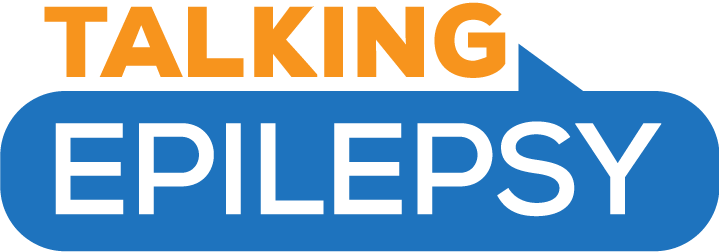Breakthrough Gene Therapy Offers New Hope for Childhood Epilepsy
Researchers at the University College London, Queen Square Institute of Neurology have made a groundbreaking advancement in the treatment of childhood epilepsy, particularly focal cortical dysplasia, a common form of drug-resistant epilepsy. Their latest study, published in the journal Brain, demonstrates a novel gene therapy’s effectiveness in significantly reducing seizures in a mouse model, potentially offering a new therapeutic avenue beyond the traditional surgical interventions. Focal cortical dysplasia, often manifesting in the brain’s frontal lobes, is characterized by the development of abnormal brain areas.
This condition, aside from causing epilepsy, can lead to learning disabilities and other comorbidities due to its impact on brain regions crucial for planning and decision-making. The standard surgical option, while effective, carries the risk of permanent neurological deficits and doesn’t always guarantee seizure freedom. In a quest to find a safer and more effective treatment, the UCL team focused on a gene therapy approach.
The therapy involves the over expression of a potassium channel, a cellular gateway that regulates the flow of potassium ions, crucial for controlling neuronal excitability. By introducing an engineered potassium channel gene, named EKC, into the epileptic mice’s frontal lobe, the researchers aimed to decrease cell activity and consequently reduce seizures. For the study, the team utilized a specially designed virus incapable of replication to safely deliver the EKC gene to the affected brain area. The mice underwent a period of brain activity monitoring before and after the injection of the therapeutic or control virus. Remarkably, the gene therapy led to an average seizure reduction of 87% compared to the control group, without impairing memory or behavior.
Dr. Vincent Magloire, the lead author from UCL Queen Square Institute of Neurology, expressed optimism about the therapy’s potential for clinical application, noting its potential to benefit thousands of children currently struggling with uncontrolled seizures. Professor Dimitri Kullmann, a co-corresponding author, indicated that plans for a first-in-human clinical trial are in motion and expected within the next five years.
This promising development in epilepsy treatment has been supported by funding from the Great Ormond Street Hospital Children’s Charity (GOSH Charity), the Medical Research Council, Epilepsy Research Institute UK, and Wellcome. As researchers pave the way towards clinical trials, this gene therapy stands as a beacon of hope for children with focal cortical dysplasia, potentially transforming the landscape of epilepsy treatment. .

